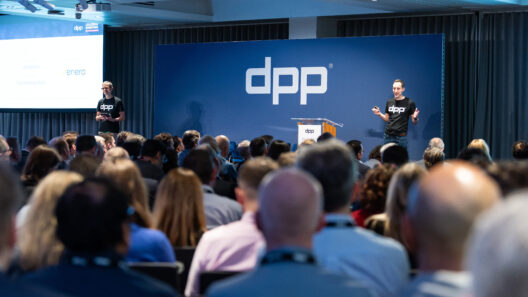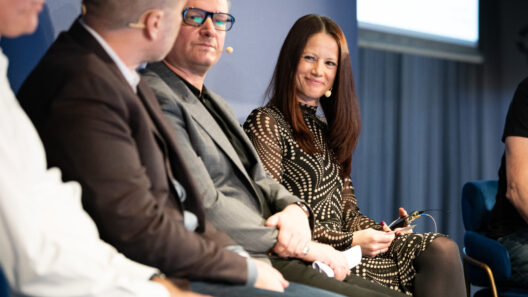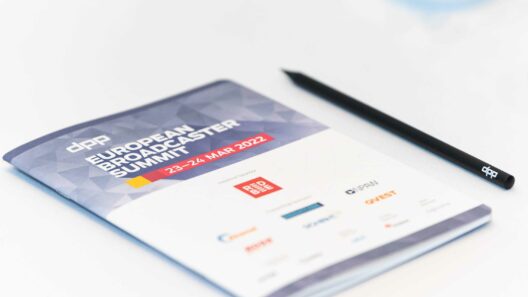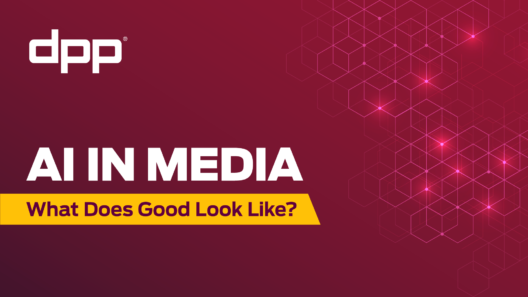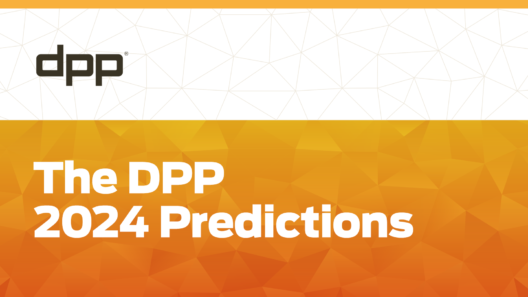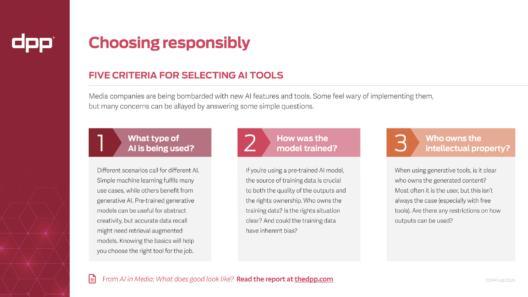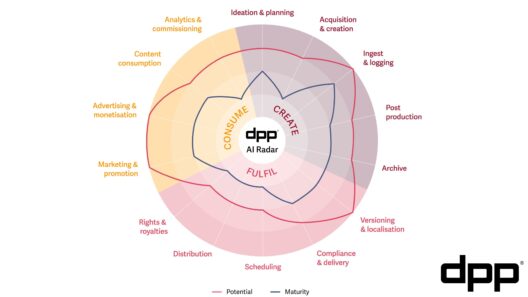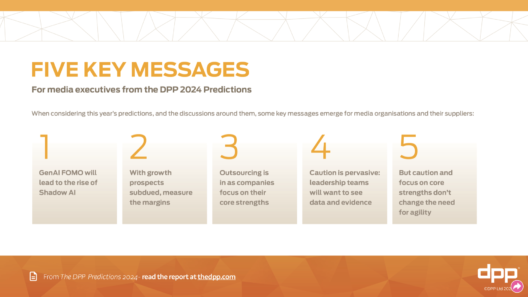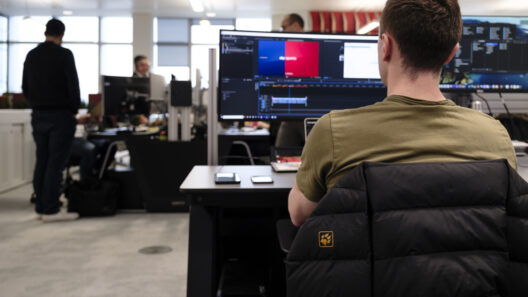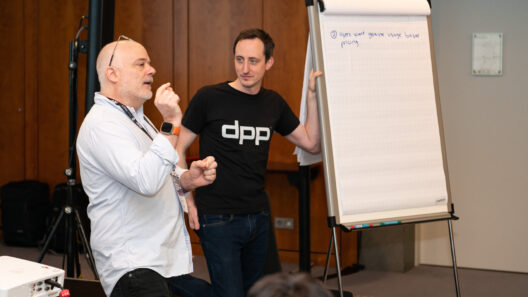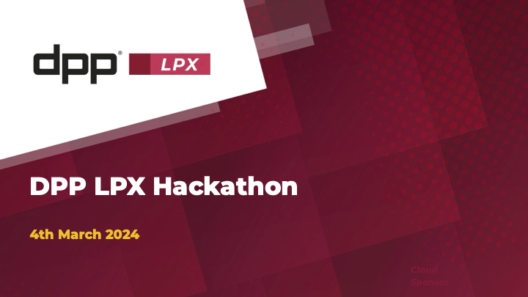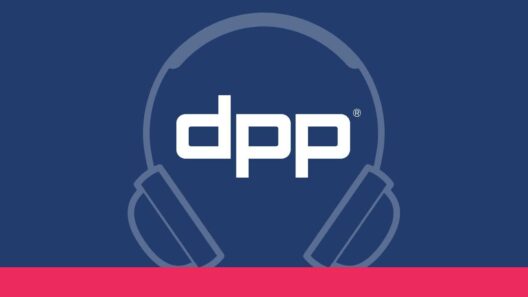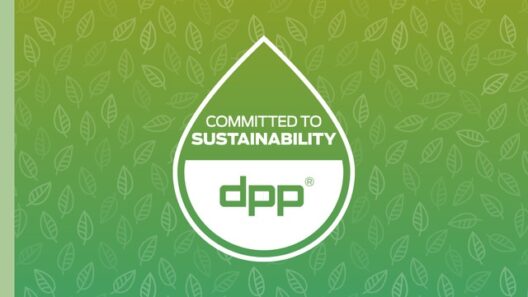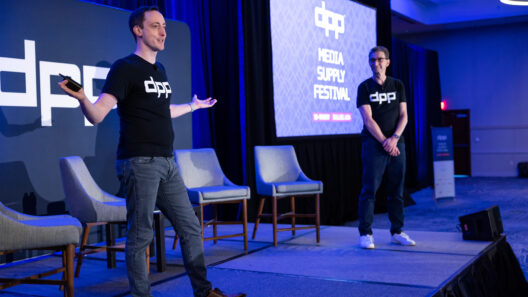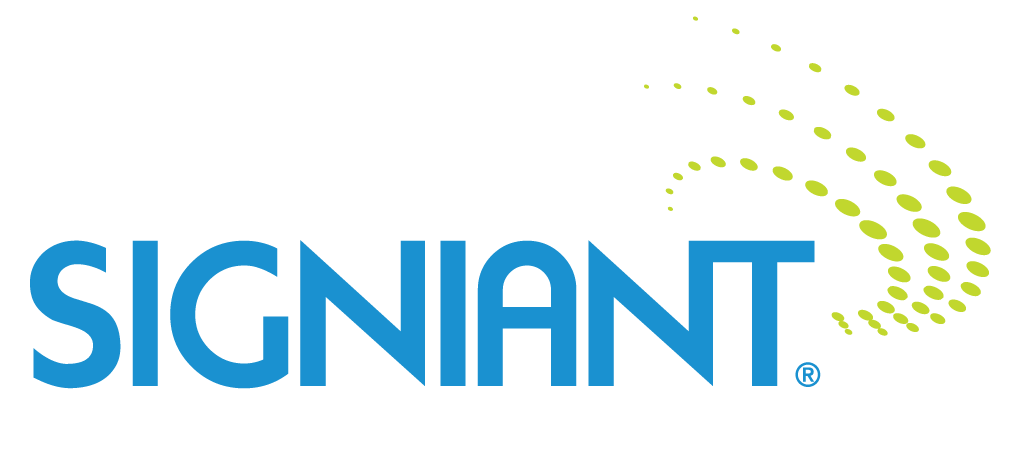The DPP, the international network for media and technology, has today released its unique new research project, ‘Hybrid Working in the Media Industry - Are We Equipped?’ The research explores the state of hybrid working in the media industry post pandemic by surveying 80 media and technology companies and gathering information from three workshop sessions with more than 50 subject matter experts.
Enabled by Lead Sponsor Signant and Expert Sponsor Wasabi Technologies, one of the main findings that came from the project was the tension between management and employees about workplace presenteeism.
The DPP asked how much time respondents think employees want to spend in the workplace, and how many days they think the company management would like them to be present. While 62% believe employees want to be in the office two days or fewer, 77% say that management wants staff in for three days or more.

The reason for this workforce divide became clear in a question asked about the impact of hybrid working on culture, engagement, productivity, morale, recruitment, and employee wellbeing.

The results show that employee wellbeing and morale has benefitted while company culture and engagement has suffered. While the needs of individuals are being met, the needs of organisations have taken a backseat.
Hybrid working has ultimately shifted the power balance from the company to the individual. With labour shortages across the industry and many organisations struggling to hire, it has become difficult for companies to mandate being in a company workplace.
Despite this, there are still departments that prefer working together in person. Production and post production teams especially value face to face time to fuel their creativity.

“Answers to a number of our survey questions paint a picture of a divided workforce in our industry,” says DPP CTO Rowan de Pomerai, the project lead. “Although there are different opinions towards remote and hybrid working, it cannot be denied that the future of production is hybrid. And the best way to build adaptable tools and workflows is to design for remote first, even when users might work on site.”
The full report is available to download by DPP members here. The project also consists of a video on demand which sets the scene for this work. Anyone can view it here.
